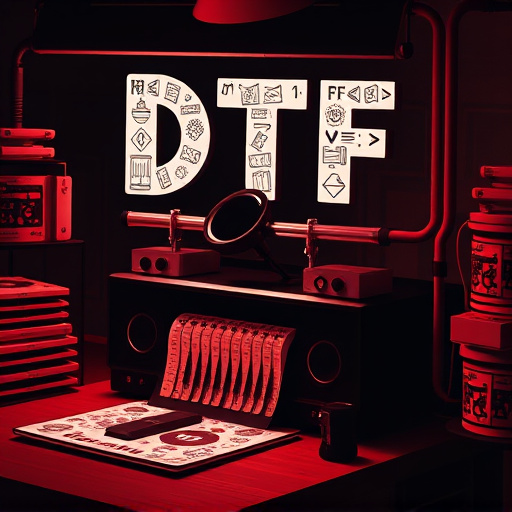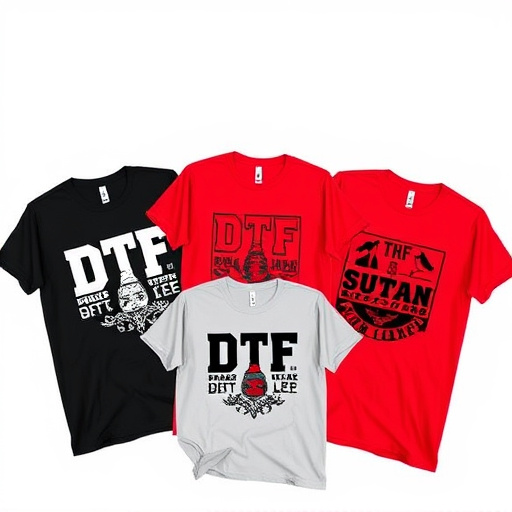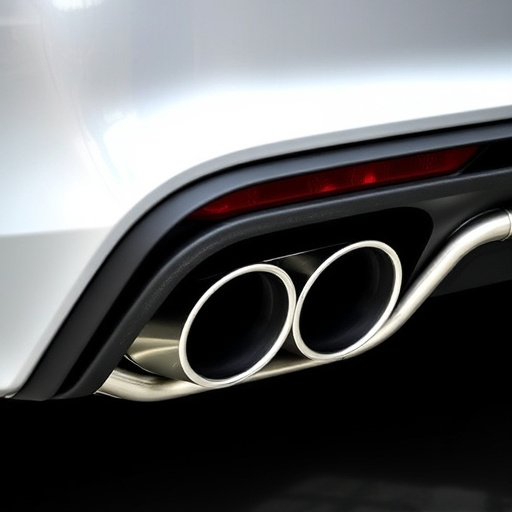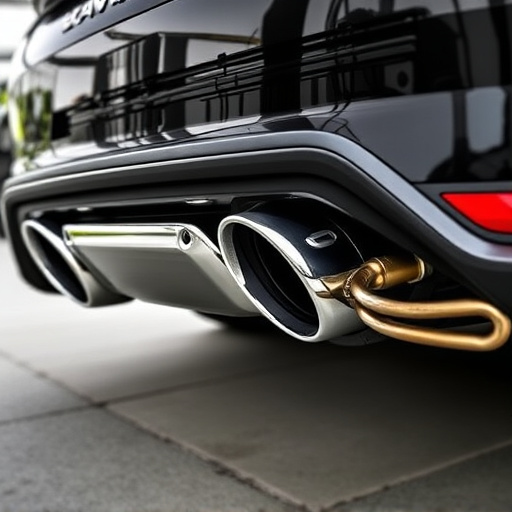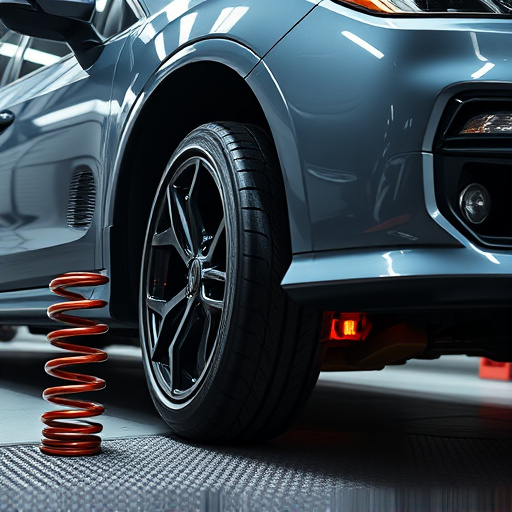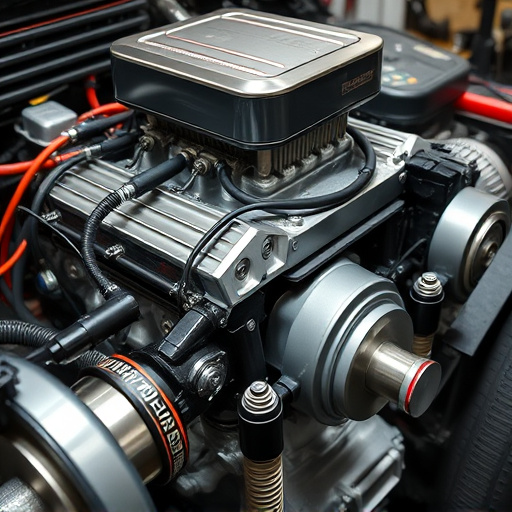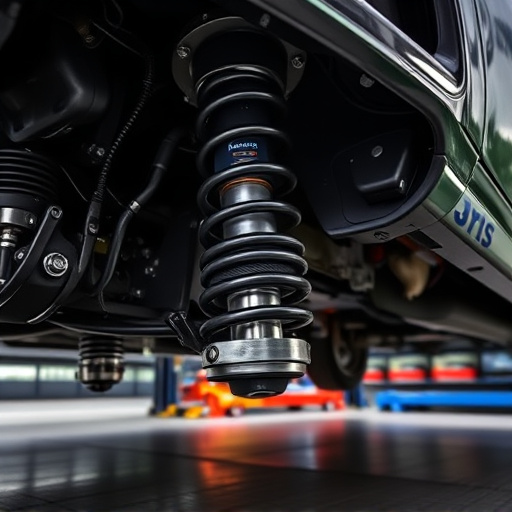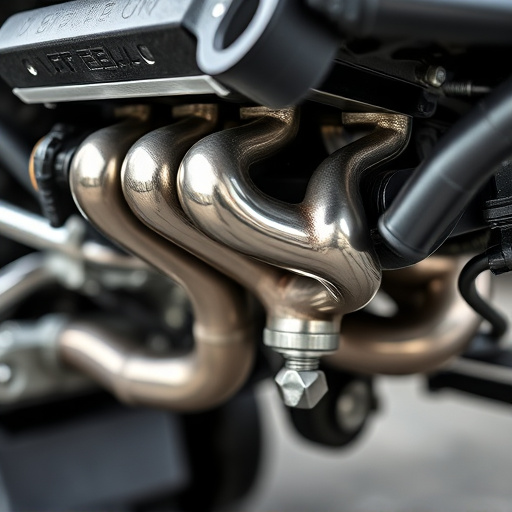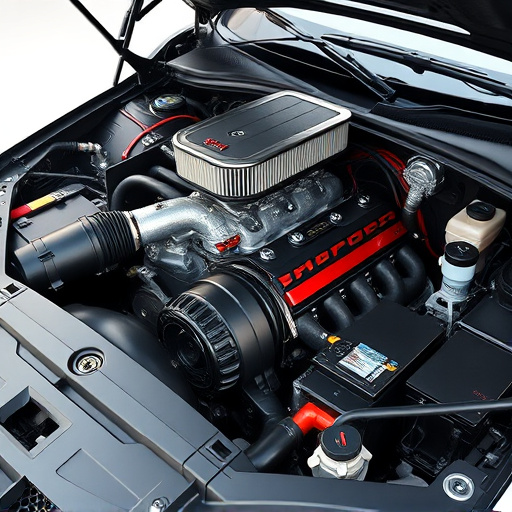Auto air filters are essential for engine health, trapping dust and pollutants. Genuine OEM (original equipment manufacturer) filters offer superior protection and efficiency vs. aftermarket alternatives. Visual inspection, official seals, barcodes, lot numbers, manufacturing dates, and physical attributes ensure filter authenticity. Specialized tools can test airflow rates to confirm performance.
In today’s market, identifying genuine auto air filters from counterfeits is crucial for maintaining optimal vehicle performance. This comprehensive guide delves into the intricacies of auto air filter basics, equipping you with the knowledge to spot counterfeit products visually and employ testing techniques for authenticity verification. By understanding these key aspects, you’ll ensure your vehicle breathes clean air, extending engine life and enhancing overall driving experience.
- Understanding Auto Air Filter Basics
- Visual Inspection: Spotting Counterfeits Visually
- Testing Techniques to Verify Authenticity
Understanding Auto Air Filter Basics
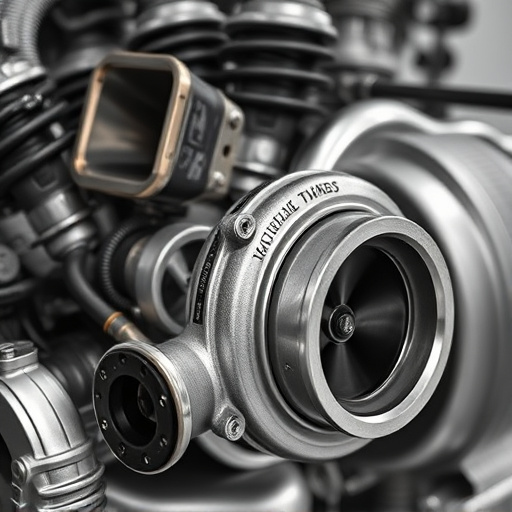
Auto air filters are an essential component of your vehicle’s engine, playing a crucial role in maintaining optimal performance and efficiency. They act as a barrier, trapping dust, debris, and pollutants from entering the engine, ensuring smooth airflow. Understanding how auto air filters work is the first step in identifying genuine products from counterfeits.
Air intake systems rely on these filters to supply clean air to the engine, which is essential for combustion. Performance air filters, designed for high-flow applications, can significantly impact vehicle performance by allowing more air into the engine. However, it’s crucial to distinguish between original equipment manufacturer (OEM) filters and aftermarket alternatives. Counterfeit filters may not provide the same level of protection or performance as their genuine counterparts, potentially affecting engine health and fuel efficiency.
Visual Inspection: Spotting Counterfeits Visually
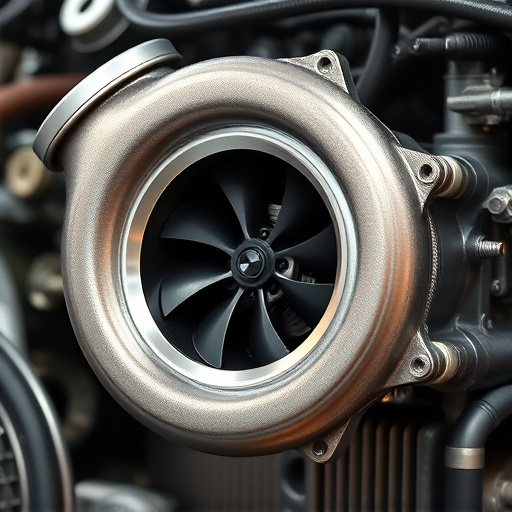
A visual inspection is often the first step in identifying genuine auto air filters from counterfeits. Look closely at the filter’s packaging and its overall appearance. Reputable manufacturers typically include detailed product information, clear branding, and accurate part numbers on their packaging. Counterfeit filters may have inconsistent printing, sloppy labeling, or missing key details. The physical filter itself should be uniform in color, without any spots or inconsistencies that could indicate a lower-quality material or improper manufacturing techniques.
When examining the actual filter element, genuine products usually feature high-quality materials and precise construction. They are often crimped or sealed tightly at the edges to ensure a secure fit within the intake components. High-performance parts require robust materials to withstand extreme conditions, so subpar filters may quickly degrade, leading to reduced airflow and potential damage to your engine’s performance brakes.
Testing Techniques to Verify Authenticity
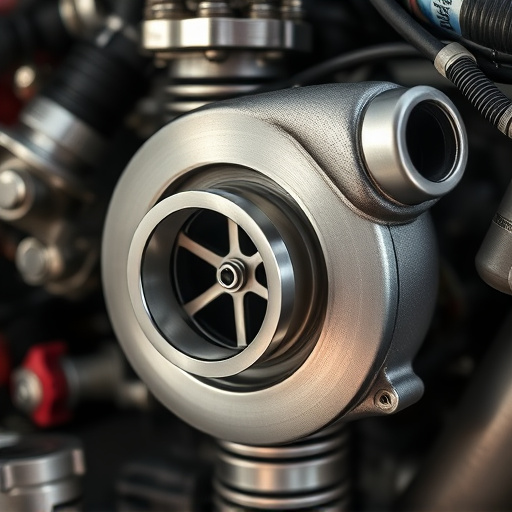
To ensure you’re purchasing genuine auto air filters and not counterfeit ones, it’s essential to understand testing techniques that verify authenticity. One common method involves checking the filter’s packaging for any official seals or certifications from the manufacturer. Genuine auto air filters will often come with barcodes, lot numbers, and manufacturing dates clearly labeled, which can be cross-referenced with the brand’s database to confirm their validity.
Additionally, examining the physical attributes of the filter is crucial. Counterfeits may lack the precision and quality control of genuine products. Look for consistent thickness across the filter media, secure connections at the interfaces, and proper sealing around the edges. For those with access to specialized tools, testing the flow rate of air through the filter can also help differentiate between originals and fakes, as counterfeit filters might not perform as efficiently in terms of airflow and filtration. This is particularly relevant when considering performance upgrades like cold air intakes or exhaust system components that rely on optimal air filtering.
Identifying genuine auto air filters is crucial for ensuring optimal vehicle performance and safety. By understanding the basics, conducting visual inspections, and employing testing techniques, car owners can confidently select authentic filters, thereby enhancing fuel efficiency, engine health, and overall driving experience. When it comes to auto air filters, distinguishing between genuine and counterfeit products is a key step in maintaining your vehicle’s integrity.
